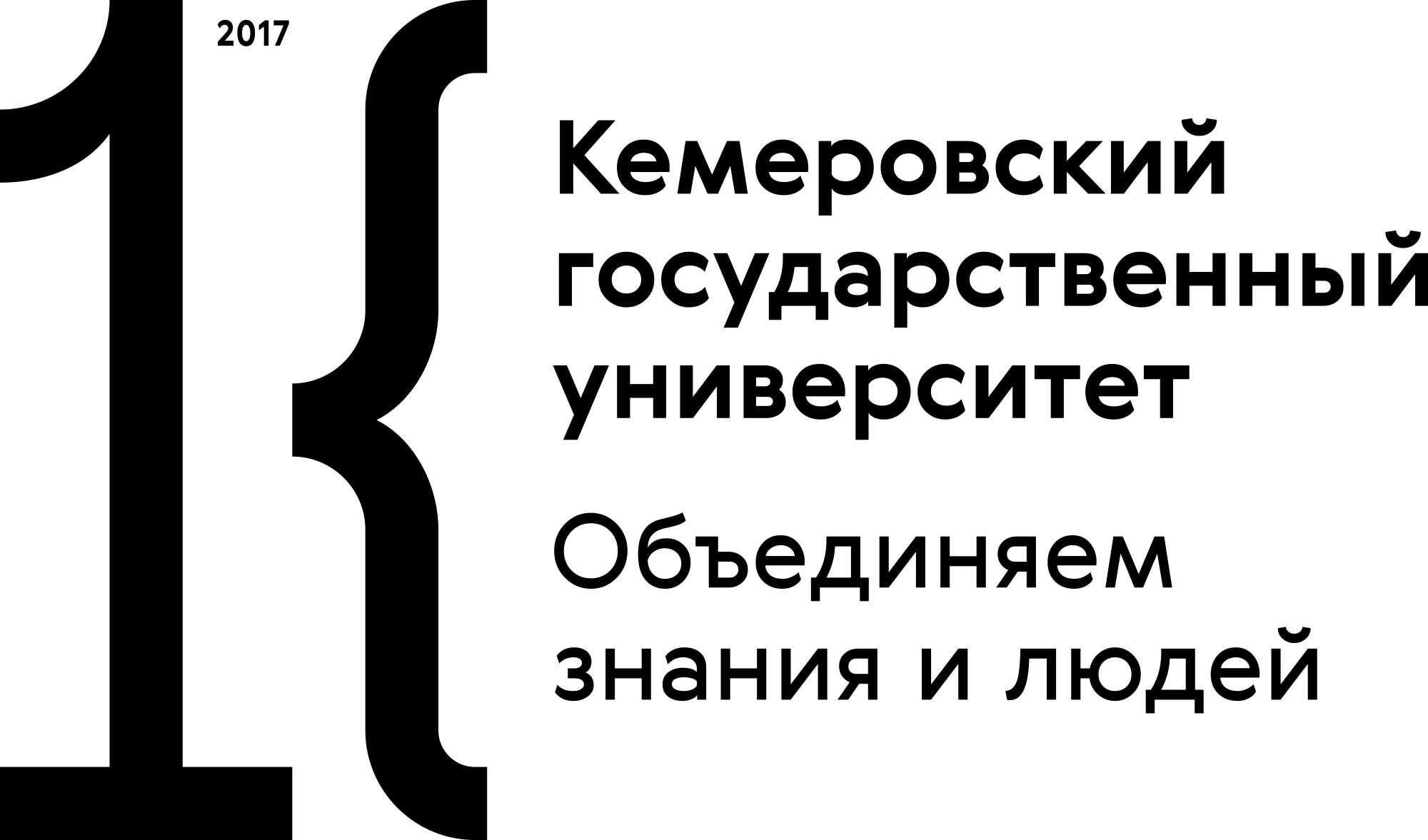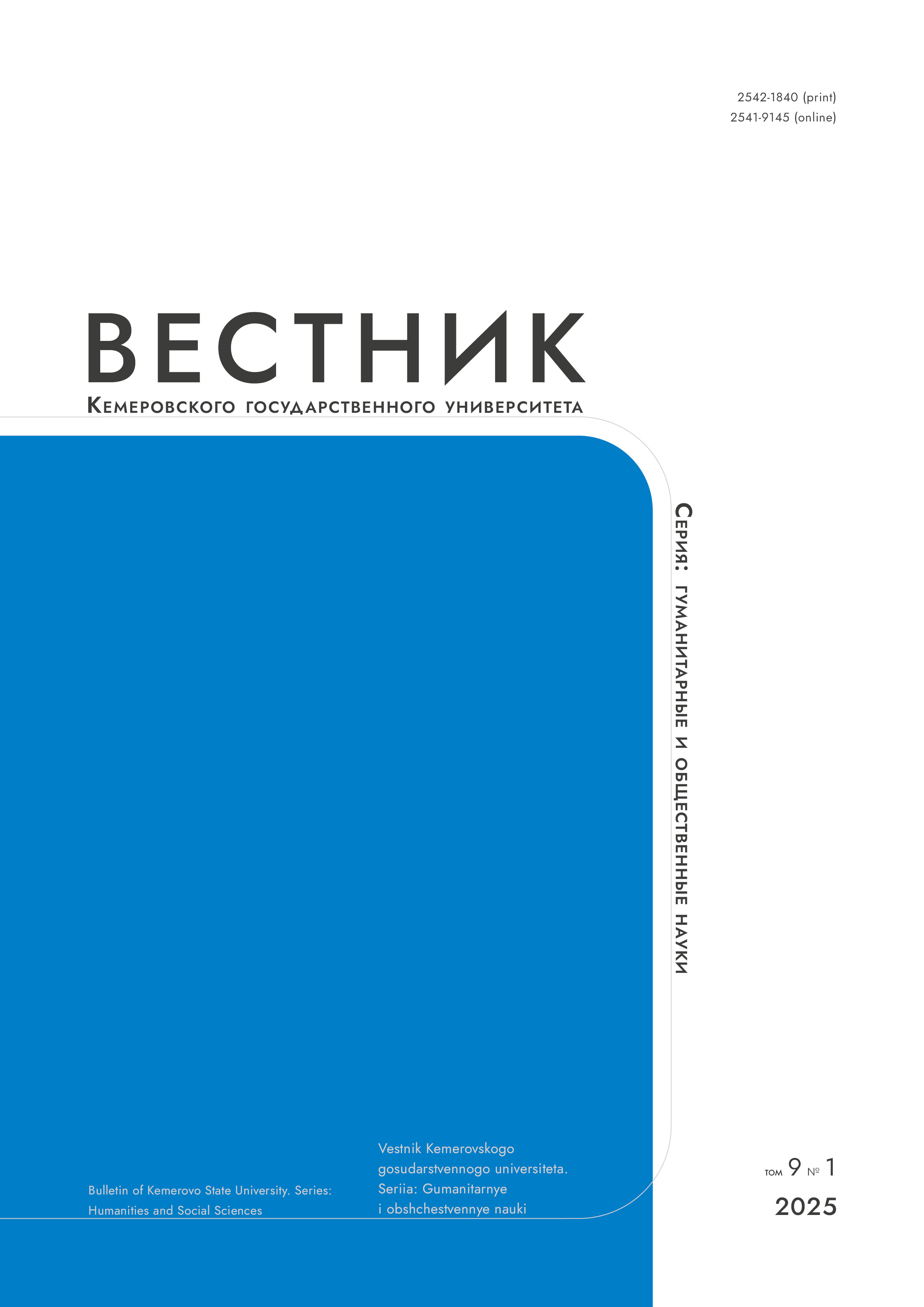from 01.01.2018 to 01.01.2019
Kemerovo, Russian Federation
Russian Federation
Kemerovo, Russian Federation
The article features the professional burnout syndrome in teachers. Teaching is one of the most stressful social activities. The authors pointed out personal traits that may determine the development of the professional burnout syndrome in school teachers. They identified, justified, and experimentally verified the relationship between burnout and personality parameters. Together with age, work experience, marital and parental status, these personal traits can serve as burnout predictors. The article gives a general description of the emotional burnout phenomenon in teachers, which includes negative psychological experiences caused by the regular high emotional content or cognitive complexity. The paper also introduces factors of development of emotional burnout. The authors identified the burnout predictors based on the results of an empirical study. They determined strong empathy and internality as provoking factors that triggered emotional stress. As a rule, the stress was associated with teacher's attitude to his or her role in interpersonal relationships. The authors proposed some methods for the prevention of burnout syndrome in teachers.
teachers’ burnout syndrome, factor, age, work experience, marital status
1. Vorobyeva M. A. A study of emotional burnout in teachers. Obrazovanie i nauka. Izv. UrO RAO, 2006, (1): 70-75. (In Russ.)
2. Leonova A. B. The main approaches to the study of work stress. Vestnik psikhosotsialnoi i korrektsionno-reabilitatsionnoi raboty, 2001, (11): 2-16. (In Russ.)
3. Borisova M. V. Psychological determinants of emotional burnout in teachers. Voprosy psikhologii, 2005, (2): 94-104. (In Russ.)
4. Komarevtseva I. V. The dynamics of tolerance to the emotional burnout syndrome among teachers of the system of special education in the process of preventive work. Russian Psychological Journal, 2014, 11(2): 51-60. (In Russ.)
5. Burke R. J., Greenglass E. A longitudinal study of psychological burnout in teachers. Human Relations, 1995, 48(2): 187-202.
6. Dick M. J. Burnout in doctorally prepared nurse faculty. Journal of Nursing Education, 1992, 31(8): 341-346. DOI:https://doi.org/10.3928/0148-4834-19921001-04
7. Kondo K. Burnout syndrome. Asian Medical Journal, 1991, 34(II): 49-57.
8. Maslach C., Schaufeli W. B., Leiter M. P. Job burnout. Annual Review of Psychology, 2001, 52: 397-422.
9. Schaufeli W. B., Leiter M. P., Maslach C. Burnout: 35 years of research and practice. Career Development International, 2009, 14(3): 204-220. DOI:https://doi.org/10.1108/13620430910966406
10. Boiko V. V. The syndrome of "emotional burnout" in professional communication. St. Petersburg: Sudarynia, 1999, 28. (In Russ.)
11. Merzliakova D. R. The effect of the professional "burnout" of the teacher on the personality characteristics and the success of the educational activities of a primary school student. Cand. Psychol Sci. Diss. Abstr. Izhevsk, 2006, 20. (In Russ.)
12. Mitina L. M., Asmakovets E. S. The emotional flexibility of a teacher. Moscow: MPSI; Flinta, 2001, 190. (In Russ.)
13. Orel V. E. The phenomenon of "burnout" in foreign psychology: empirical research. Zhurnal prakticheskoi psikhologii i psikhoanaliza, 2001, (3). Available at: https://psyjournal.ru/articles/fenomen-vygoraniya-v-zarubezhnoy-psihologii-empiricheskie-issledovaniya (accessed 21.12.2019). (In Russ.)
14. Semizdralova O. A. The phenomenon of emotional burnout of a teacher and its prevention. Narodnoe obrazovanie, 2009, 7: 116-123. (In Russ.)
15. Formaniuk T. V. "Emotional combustion" syndrome as an indicator of teacher professional maladaptation. Voprosy psikhologii, 1994, (6): 57-64. (In Russ.)
16. Ananev B. G. Man as a subject of knowledge. Leningrad: Izd-vo Leningr. un-ta, 1968, 339. (In Russ.)
17. Orel V. E. Burnout syndrome in modern psychology: state, problems, prospects. Modern problems of burnout syndrome studies in communicative professionals, eds. Lukianov V. V., Vodopianova N. E., Orel V. E., Podsadnyi S. A., Iureva L. N., Igumnov S. A. Kursk: Kursk. gos. un-t, 2008, 55-81. (In Russ.)
18. Ronginskaia T. I. Burnout syndrome in social professions. Psihologicheskij zhurnal, 2002, 23(3): 85-95. (In Russ.)
19. Maslach C., Jackson S. E. The measurement of experienced burnout. Journal of Occupational Behavior, 1981, 2(2): 99-113. DOI:https://doi.org/10.1002/job.4030020205
20. Pines A. M., Aronson E. Career burnout: causes and cures. N. Y.: The Free Press, 1988, 257.
21. Van Dierendonck D., Schaufeli W. B., Buunk B. P. Burnout and inequity among human service professionals: a longitudinal study. Journal of Occupational Health Psychology, 2001, 6(1): 43-52. DOI:https://doi.org/10.1037/1076-8998.6.1.43
22. Perlman B., Hartman E. Burnout: summary and future research. Human relations, 1982, 35(4): 283-305. DOI:https://doi.org/10.1177/001872678203500402
23. Molchanova L. N. Psychological mechanisms of emergence and the transformation of mental burnout condition among teachers of secondary schools in aspect of intraprofessional differentiation. Mezhdunarodnyi zhurnal prikladnykh i fundamentalnykh issledovanii, 2015, (3-1): 100-102. (In Russ.)
24. Zeer E. F., Korneeva N. A. Social hypocrisy as a professionally determined deformation of the teacher's personality. Obrazovanie i nauka. Izv. UrO RAO, 2006, (4): 81-90. (In Russ.)
25. Stress, burnout, coping in a modern context, eds. Zhuravlev A. L., Sergienko E. A. Moscow: IP RAN, 2011, 512. (In Russ.)
26. Babich O. I. On the matter of personal resources and the prevention of professional burnout. Professional competence as a social phenomenon. Moscow: MGOU, 2005, 21-25. (In Russ.)
27. Ozhegova E. G. Typological characteristics of teachers having different evidence of mental burnout syndrome. Innovatsii v obrazovanii, 2009, (3): 43-47. (In Russ.)
28. Iankovskaia N. P. How not to burn out at work, or to the emotional burnout in teachers. Narodnoe obrazovanie, 2009, (8): 273-280. (In Russ.)
29. Maryutina T. M., Ermolaev O. Iu., Trubnikov V. I. On the nature of psychological predictors. Psychological Science and Education, 1998, 3(1): 27-35 (In Russ.)
30. Fetiskin N. P., Kozlov V. V., Manuilov G. M. Socio-psychological diagnostics of the development of personality and small groups. Moscow: Izd-vo In-ta Psikhoterapii, 2002, 488. (In Russ.)
31. Leontiev D. A. Test of meaning-life orientations (MLO), 2nd ed. Moscow: Smysl, 2000, 18. (In Russ.)


















